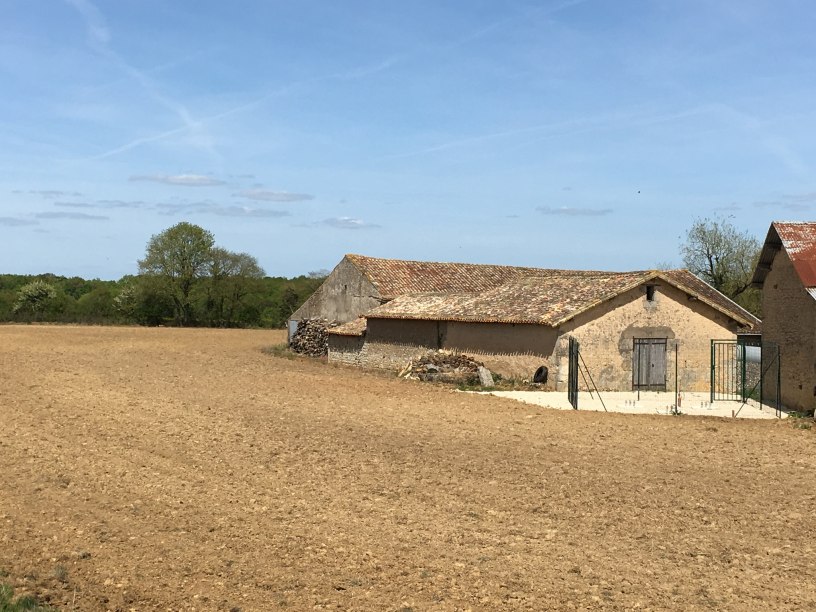January 5, May 6, September 5
In just the same way Paul the Apostle refused to take credit for the power of his preaching. He declared: ‘By God’s grace I am what I am’ (1Cor. 15:10). And again he said: ‘He who boasts should make his boast in the Lord’ (2Cor. 10:17). That is why the Lord says in the Gospel: ‘Whoever hears these words of mine and does them is like the wise man who built his house upon rock; the floods came and the winds blew and beat against that house, but it did not fall: it was founded on rock’ (Matt. 7:24-5).
With this conclusion, the Lord waits for us daily to translate in action, as we should, his holy teachings. Therefore our life span has been lengthened by way of a truce, that we may amend our misdeeds. As the Apostle says, ‘Do you not know that the patience of God is leading you to repent?’ (Rom. 2:4). And indeed the Lord assures is in his love: ‘I do not wish the death of the sinner, but that he turn back to me and live’ (Ezek. 33:11).
Benedict does not quote the Gospels often. When he does we can take it as a reminder that the rule serves the Gospel message: that a God of love and mercy has taken the initiative to be with us and all creation; to love us as we are in the hope that we can be loved into fullness of life.
The divine life wants human life so open and responsive to God’s life so that each of us can simply be a unique expression of love on earth. This is what Jesus was and this is what he wants for his disciples today.
Paul knew this. He knew that trying to prove ourselves, to make ourselves worthy of love and attention, is a waste of energy. There is a fullness of Love here now and given for all: grace. Within and among us is grace. Being good enough is not necessary for this grace. Divine Love is constantly drawing us to the good that we are. Will we move with this grace, or will we turn from it?
Benedict holds up to us Paul’s journey into humility and self-acceptance, and his openness to grace. Openness to grace is itself a grace. This journey into grace goes on our whole lives. Humility gives space for grace, for grace to be active in us.
Fullness of life is not about justifying ourselves to ourselves and each other through what we do and say. Living the rule cleanses our motivations for living. Whom are we serving? As we grow in love we forget ourselves and love each other. Slowly we convert and live.
In community, one of the best things that we can do is practice living more and more from our centre – that place of rock, of stability amid the rough and tumble of this cleansing. Meditation is central to this. We may not see the fruits of this cleansing as we live from day to day, but others will – even the others we live with. In this practice is the enriching of community and this attracts. All community is an event of cleansing and grounding in love: families, couples, friends – all who are committed to each other and growing in love.
But what do I do with the bits of me that I do not love? Keep them hidden, a secret? How long can this last? God may love all of me, the ‘beautiful’ and the ‘ugly’, but what will others do when what I see as ugly comes out? What will I do? It is vital that the community we are a part of has members mature enough in the life of grace; that they, like Paul, are humble and self-accepting enough to affect the communal life around them. A community is only as mature as its wisest members. Wisdom does not judge. Wisdom makes a safe space for vulnerability so that self-love can grow.
Amid all of this God waits patiently as we learn to let go and be in Love. Slowly we exhaust the agenda of the ego: that we might make ourselves good enough. The patience of God becomes our patience. We do our best and that is enough.
So then, my dear friends, while you are waiting for these events, be eager to be found by him in peace, blameless and unsullied. Think of our Lord’s patience as salvation; just as our dear brother Paul wrote to you, in accordance with the wisdom that he was given,… (2 Peter 3:14-15).

I find these emails so very helpful. Thank you
LikeLike
Hi Anita..
You’re very welcome.
Andrew
LikeLike
Let God’s patience become our patience. What a beautiful and inspiring thought. Thank you. I shall keep it close to my heart in the everyday.
LikeLike